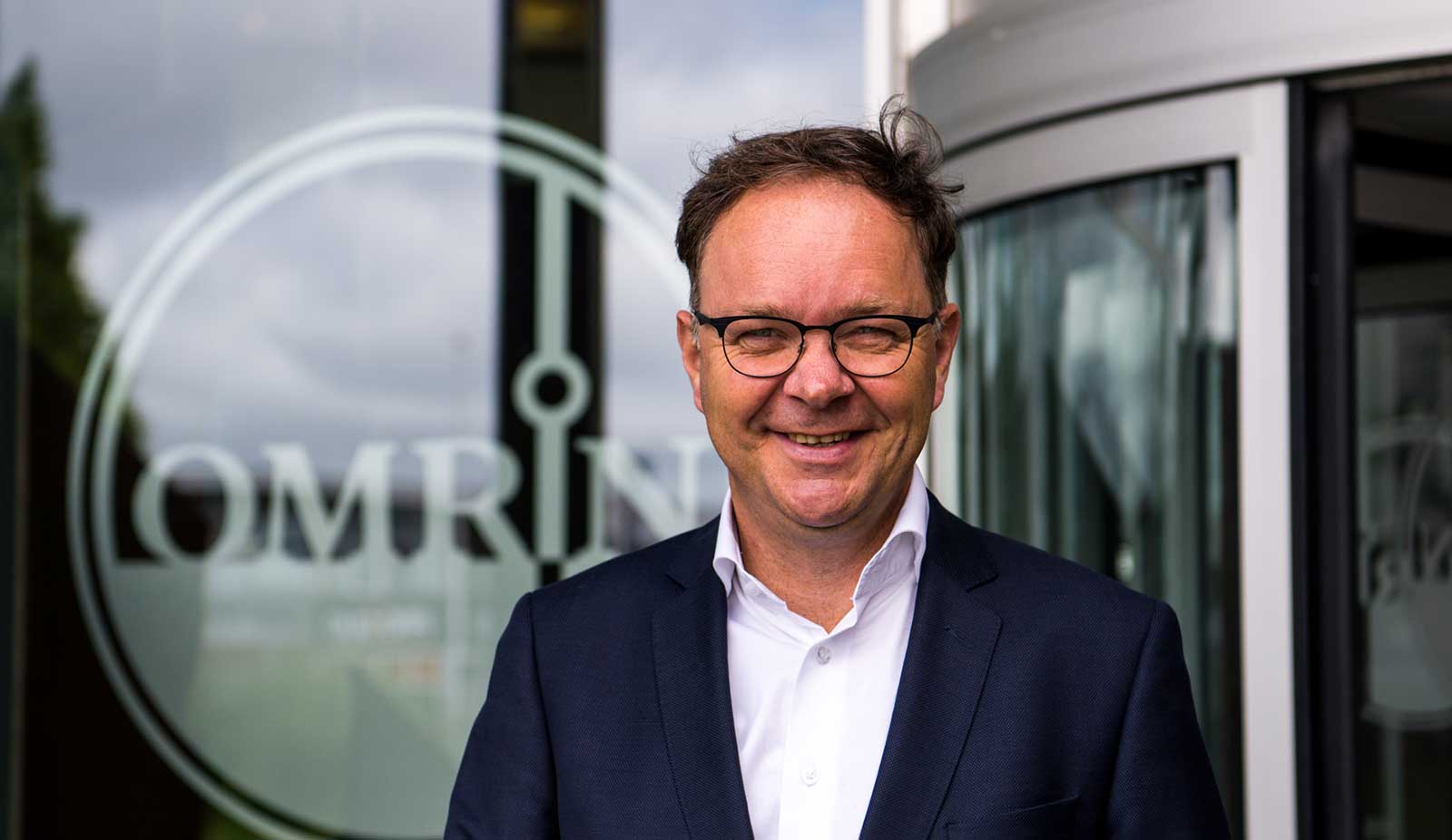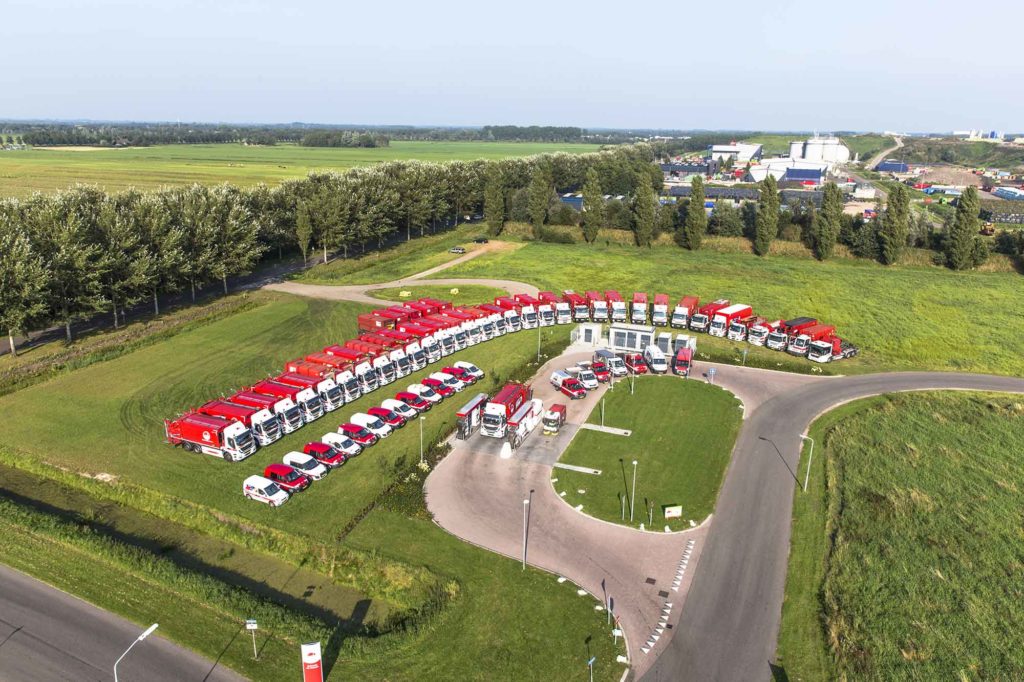Because Omrin has access to the raw materials, we are able to assume the role of chain coordinator in the recycling chain,’ says John Vernooij. He is the Director of Omrin in Heerenveen, which last year was pronounced the most sustainable company in the Netherlands, and Chairman of the Circular Friesland Association. ‘Since 2012, Omrin’s mission has been to champion the circular economy. Everything we do is focused on closing chains. We make biogas from organic waste, concrete products from recovered minerals and granulate for new plastics from discarded plastic.’
This way, together with other companies, a complete ecosystem is being built around waste recycling in the Northern Netherlands. ‘Together we are able to extract more value from the chain than if everyone were to do it all alone. This can only succeed when there is an open exchange of information and cooperation among parties in the chain.’ For example, the recycling specialist Morssinkhof has built a plant on Omrin’s premises that processes recycled polypropylene and supplies it to the industry as a raw material. Morssinkhof is doing the same thing with PET. In cooperation with Cumapol it is chemically processed in Emmen into plastics with the same properties as virgin PET.
Link with the region
‘We have managed to link our circular philosophy with the region. Through means of the Circular Friesland Association, as well as more broadly in the Northern Netherlands through Chemport Europe,’ says Vernooij. ‘We do this, for example, through means of an acceleration programme for starting companies. Circular Friesland now has more than 100 members in the Province of Friesland, including knowledge institutions, municipalities and a number of large companies. The Association was created by entrepreneurs, the doers. They are not prepared to sit back until a granting programme comes along, but take the lead with contagious enthusiasm. As a result, everyone is suddenly making circular purchases. We are making the waste circular and are recycling more plastics than ever.’
According to Vernooij, this is an example of how all aspects of recycling in the Northern Netherlands are converging. Knowledge of mechanical recycling is rapidly growing in Heerenveen, in part due to the arrival of the National Test Centre for Circular Plastics (NTCP) last year. The NTCP tests packaging and makes recommendations to make it better recyclable. In Groningen, there is ample scientific knowledge of chemical recycling and pyrolysis and Delfzijl has experience with this on a production scale. In Emmen the focus is on polymer applications and the development of new biopolymers and other polymers. ‘The availability of these three locations and intensive cooperation mean the Northern Netherlands is becoming an ecosystem for circular plastics, which is unparalleled elsewhere in the Netherlands, and perhaps even in Western Europe.’
This article was created in cooperation with Chemport Europe.
Image above: Omrin, Deborah Roffel





